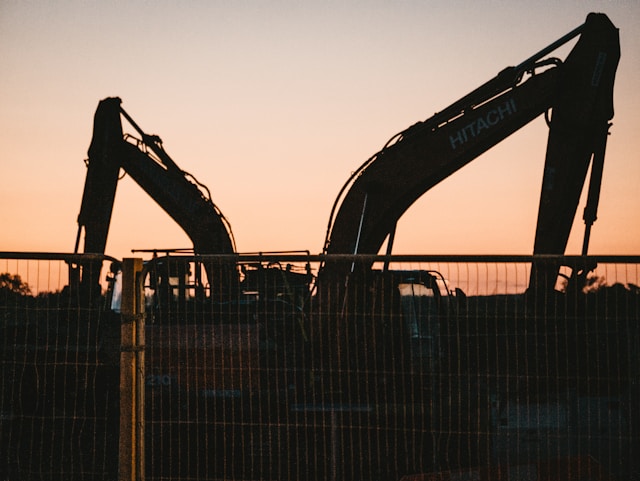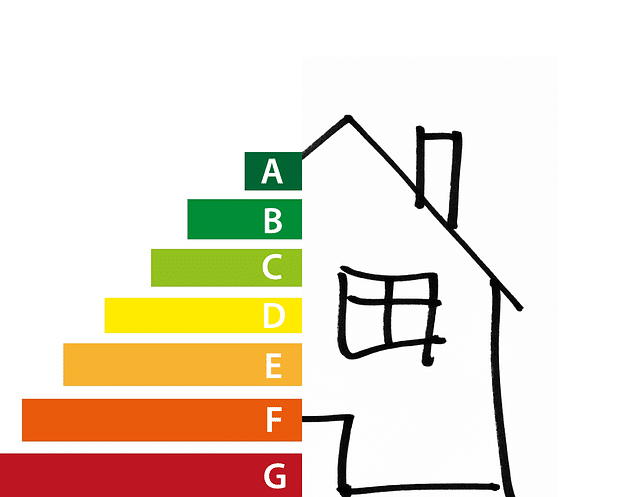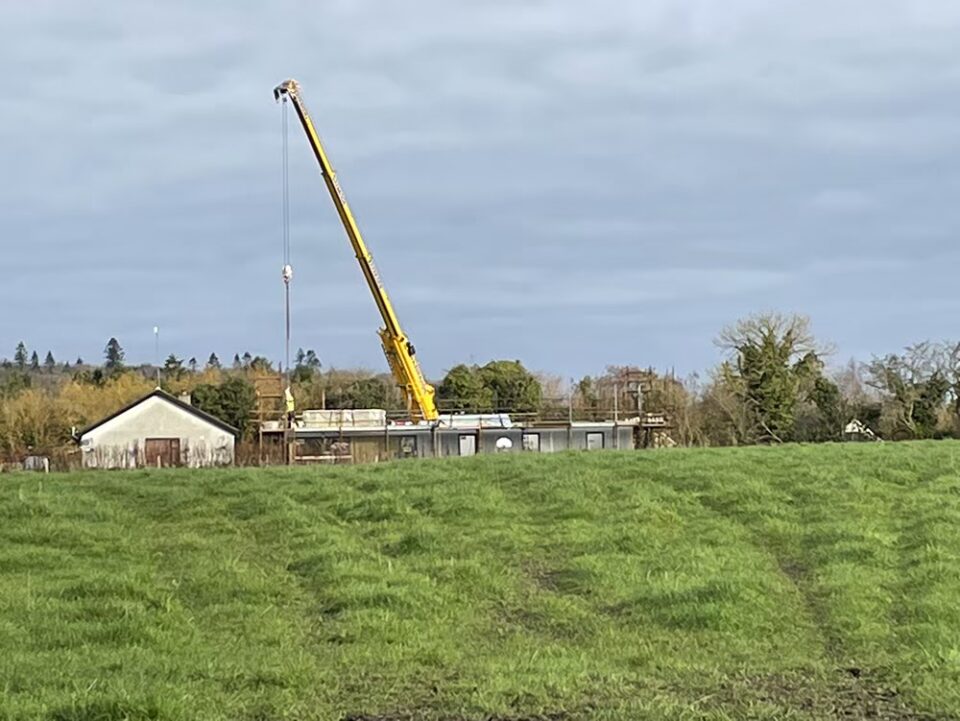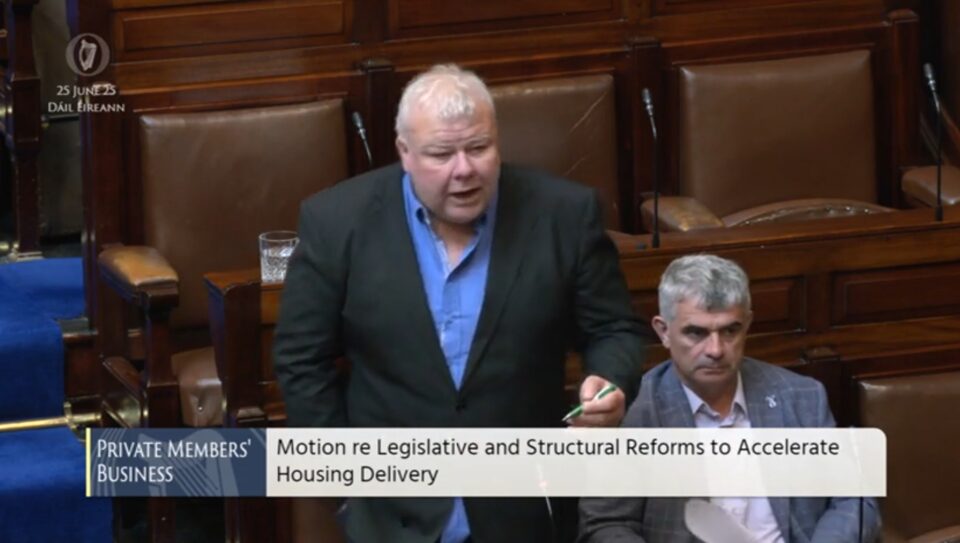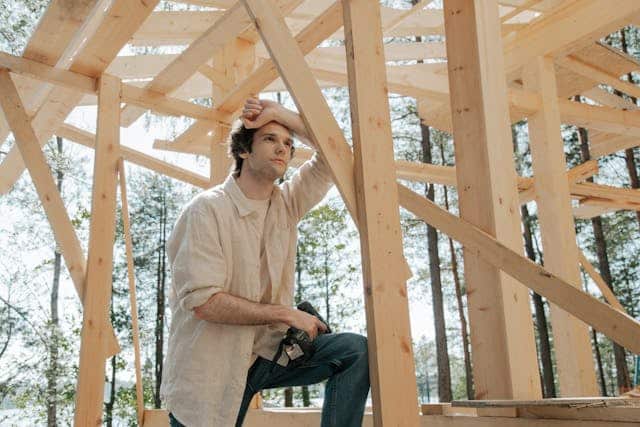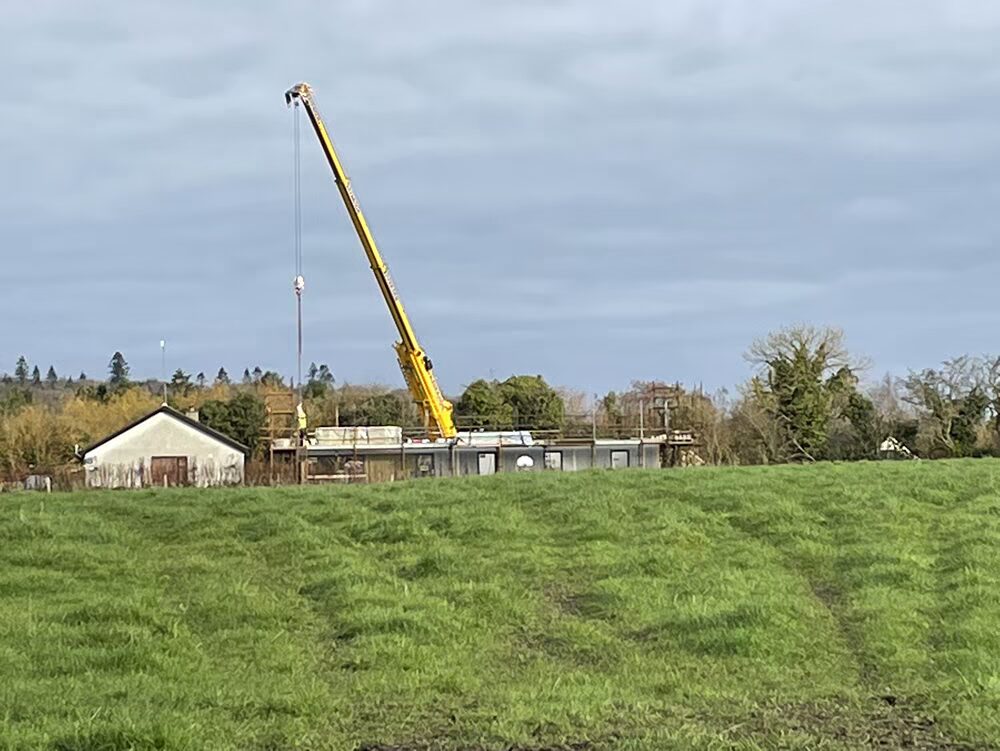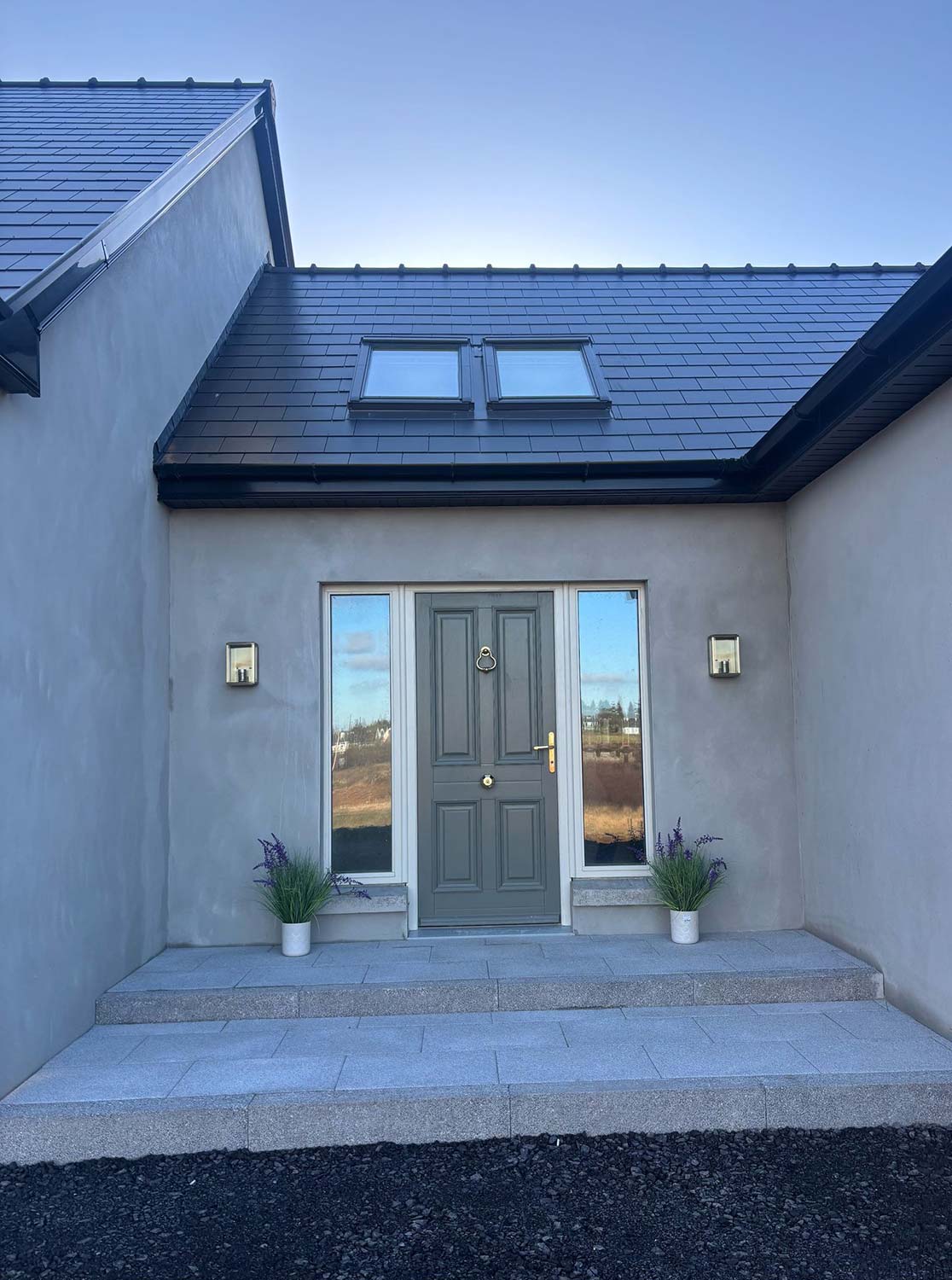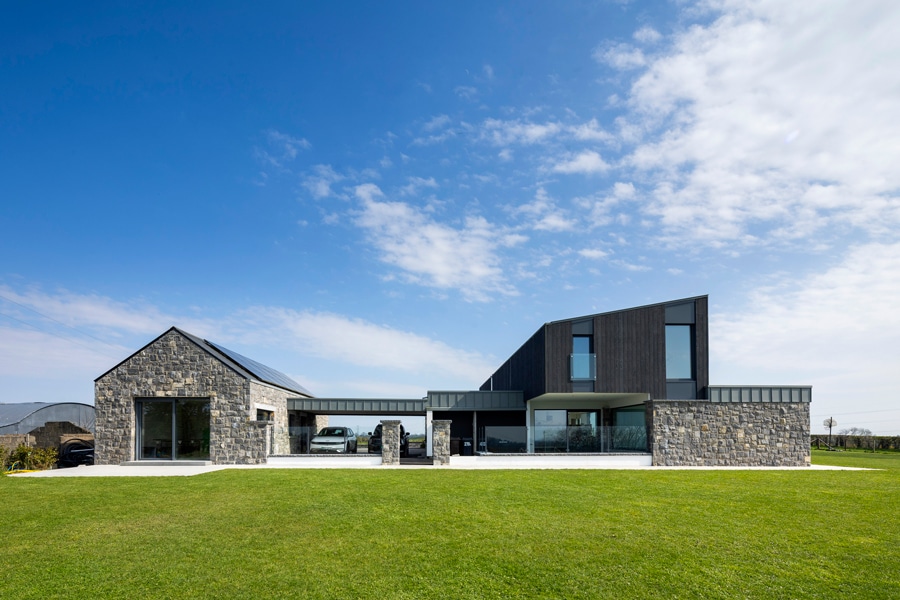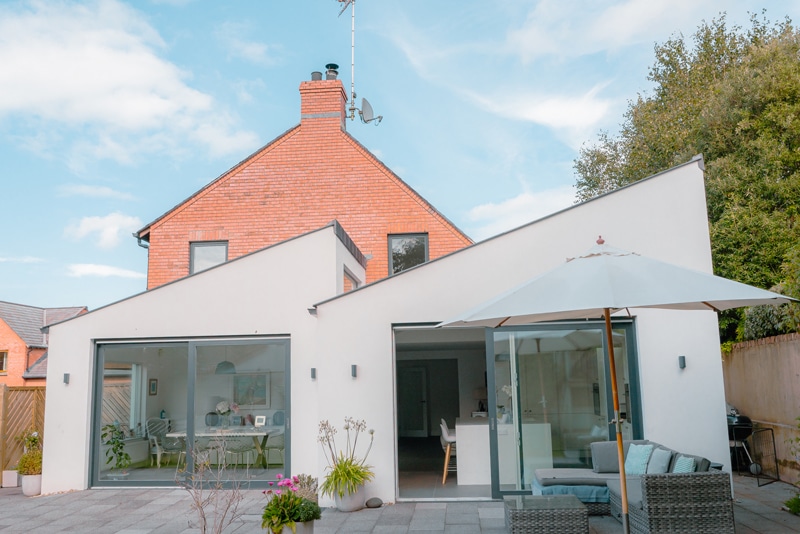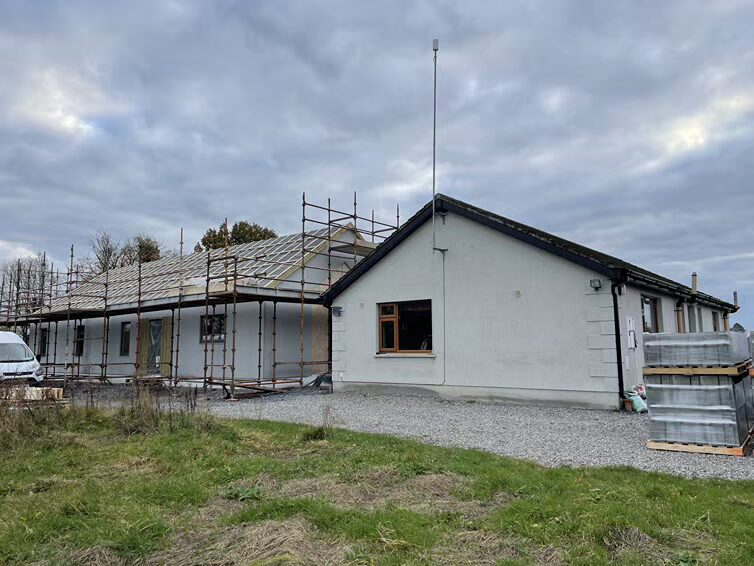In this article we cover:
- How a lack of water and wastewater infrastructure is preventing people from building their home
- A list of the areas in ROI that are ‘red’ coded – where no development can take place because of a lack of infrastructure
- What the situation is in ROI and NI including plans to expand the networks
Water supply shortages in ROI threaten government plans for thousands of new homes, with Uisce Éireann seeking an extra €1.7 billion in funding. Meanwhile, NI Water’s £19.5m investment will connect 2,300 new homes, but wastewater issues have stalled 8,400 others, with up to 37,000 developments delayed.
ROI supply issues
Water shortages are now threatening the ROI government’s plans to build thousands of new homes, with Uisce Éireann warning that a lack of water capacity could halt construction.
The water utility also stated it needs an additional €1.7 billion in funding to meet its targets.
Despite the Government’s pledge to deliver an average of 50,000 new homes annually, Uisce Éireann can currently only supply water to 35,000 new homes a year over the next five years, according to Niall Gleeson, CEO of Uisce Éireann.
“That €1.7bn needs to be ringfenced for growth programmes,” he told RTÉ’s This Week, stressing that the expansion of housing projects is not possible without this additional funding.
The utility has developed a “capacity register” to track available water across the country.
It’s a register of all the towns and cities around the country and what their capacities are. Usice Éireann is encouraging people who want to build “to go into those areas where we’re ‘green’.”
“We have a colour-coding system, green, amber and red, and where we’re red, we just don’t have capacity. We may have a plan in place. We might be upgrading the plant. It could be three to five years away from going green again.”
Gleeson noted that, despite these measures, Uisce Éireann has had to reject certain areas for development.
“We approved 38,000 units this year and rejected about 200 to 300 — it’s not a huge number,” he said.
According to Uisce Éireann’s capacity register, there are three counties with ‘red’ code settlements: Cork (Castletownbere and Whitechurch), Kerry (Kenmare) and Kilkenny with the largest number (12) of areas currently without capacity for new home connections: Ballyhale, Bennettsbridge, Castlecomer, Clogh, Donaguile, Goresbridge, Gowran, Graiguenamanagh, Kells, Kilmaganny, Knocktopher and Paulstown.
Following the announcement, Dundalk TD Ruairí Ó Murchú said building extra capacity into clean and wastewater infrastructure in Louth will be one of the first things he will bring up when the Dáil reconvenes, and a government is established.
“The water system in Louth, and in Dundalk in particular, is beset with problems and has been for some time. The admission by Mr Gleeson that €1.7 billion is needed to expand housing capacity shows how the government needs to step up to deliver the capacity that is needed.”
“It cannot be the case, like with the HSE, that the government leaves Uisce Éireann to it, says: ‘there’s your money’ and leaves them to it, with zero accountability at government level. Every single political party that fought the general election campaign said it would build in excess of 35,000 new homes a year, but this cannot be done without the infrastructure.”
“At the minute, it seems that Uisce Éireann is just running to stand still, playing Whack-a-Mole with the problems that are happening, but not actually building in extra capacity.”
“At least there are some real conversations happening at last between Uisce Éireann and Louth County Council, but these need to continue and intensify to find the long-term solutions to Louth’s water problems and future-proof the drinking and wastewater capacity that will allow new homes and industries to be constructed so that no more housing developments are turned down because of water problems.”
If you’re building or planning a home in a rural area not served by Uisce Éireann’s public water supply, the Multi-annual Rural Water Programme could provide other ways to access water services.
Funding of more than €47m for the latest cycle of the programme, run by the Department of Housing, Local Government and Heritage, was approved in November. It supports local group water schemes (GWS), which are community-owned and operated with the aim of improving water infrastructure in rural areas so that communities have a more reliable and efficient water source.
In some areas, building a well could be an option but it needs to be well built and maintained to ensure the water is safe to drink.
Northern Ireland capacity issues
A recent survey by the Construction Employers Federation (CEF) revealed that wastewater capacity issues are delaying about 8,450 homes, worth nearly £1bn in investment.
When you add in the plans from housing associations and other developers, around 19,000 homes are currently stalled. That number jumps to 37,000 if you include the housing enquiries NI Water has received.
CEF Chief Executive Mark Spence discussed these figures on BBC NI’s Sunday Politics programme in November 2024, saying the crisis in homebuilding stems from “decades of underfunding” of NI Water and the wider economic impact that this is now having.
Meanwhile the Belfast Telegraph reports that housing completions in NI look set to continue to decline in 2024, or at best maintain pace with completions in 2023 which fell to a 60-year low last year, citing a CIS report.
“Plans for an estimated 19,000 homes are being held up due to restrictions from an underfunded water system. New investment in housing over a number of years, as measured by new developments getting underway, has been erratic,” read the report adding that the “pipeline for housing remains strong” and that “once infrastructural issues are addressed growth in this sector will follow”.
To tackle the issue, in December 2024 the NI government announced thousands of new houses can now have water and sewage connections thanks to £19.5m in extra funding as announced by Infrastructure Minister, John O’Dowd.
He confirmed that the funding will connect 2,300 new homes across Northern Ireland.
The money was allocated to Northern Ireland Water during the October monitoring round, with the new investment set to cover five council areas.
Belfast City Council will benefit the most, with 1,200 homes to be connected through a £7m investment in stormwater storage at Upper Falls wastewater treatment works.
Lisburn and Castlereagh City Council will receive £7.4m for Mill Road combined sewer overflow, linking 250 properties to the water network.
Derry City and Strabane District Council will see a £2.1m investment in the Faughan Crescent pumping station, enabling connections for 350 properties.
Antrim and Newtownabbey Borough Council will get £500,000 for Park Manor pumping station, connecting 350 properties, along with another £500,000 for a phase of the Antrim wastewater project to link 150 homes.
Mid Ulster District Council will also receive £2.8m for Cabragh wastewater treatment works, allowing 10 properties to connect.
Following the funding announcement, O’Dowd called attention to “14 years of underfunding and austerity by the British Government.”
“This investment will unlock the potential for 2,300 new homes to connect to water and sewerage infrastructure, making a real difference to communities across the North,”
O’Dowd said. “I’d also like to thank NI Water for their positive work in delivering this vital infrastructure. We’re committed to continuing to find solutions for these challenges in the future.”
Jo Aston, Chair of NI Water, also welcomed the funding. “This £19.5 million will help resolve development constraints, allowing us to provide services for over 2,300 properties. This is a major step forward in supporting housing supply and local communities, and we’re looking forward to continuing to work together to overcome challenges and deliver the infrastructure needed for growth,” she said.

